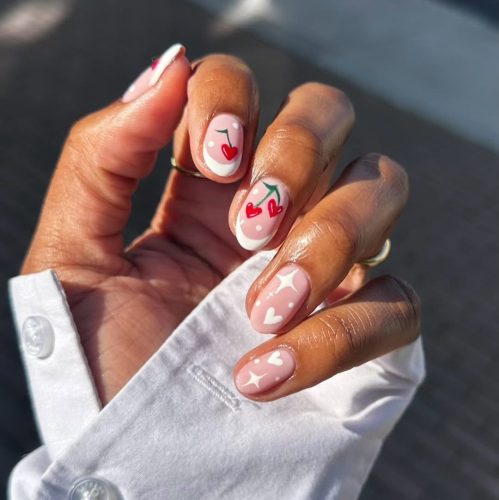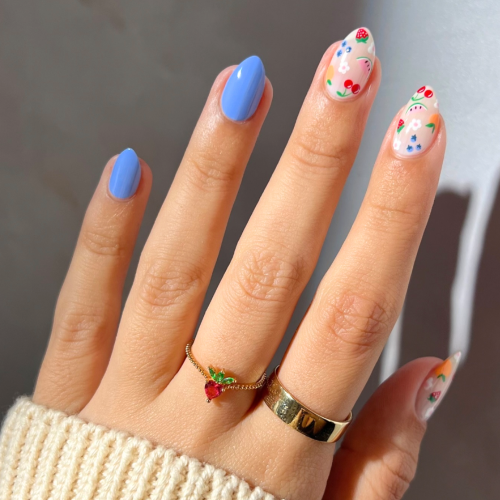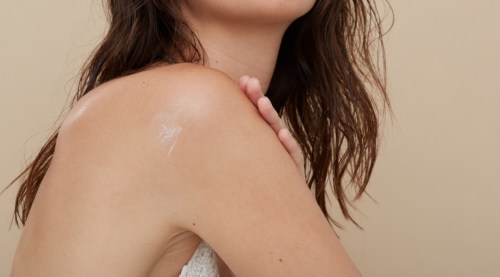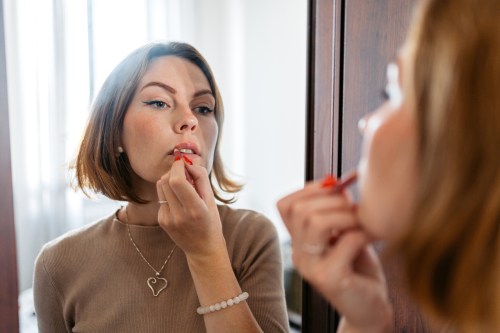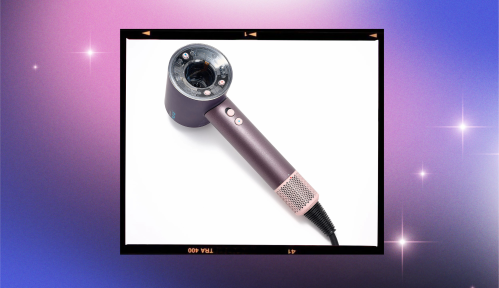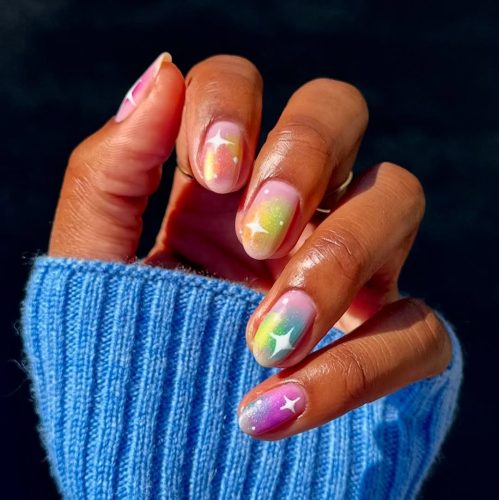Our editors independently select these products. Making a purchase through our links may earn Well+Good a commission
Aloe vera is so good for hair that it has 75 actives ready to shine up your strands
It's best known for soothing sunburned skin, but now beauty brands are waking up to the benefits of aloe vera for hair and scalp health.
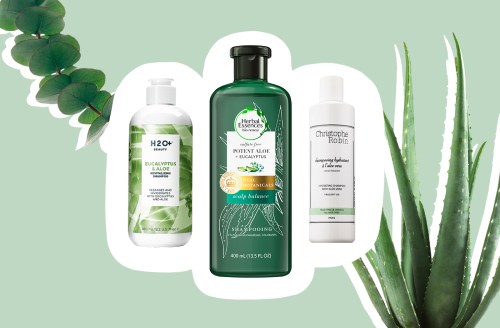
For a long time, aloe vera was mainly associated with sunburns—in my house, at least, aloe gel was one of those products that collected dust for all but a few summer days each year. Now, however, aloe is finally getting props for its many benefits beyond skin healing. Nutritionists are hailing it as a digestive aid, couples are bringing it into the bedroom, and beauty brands are beginning to recognize the many benefits of aloe vera for hair.
On the hair-care tip, aloe’s popping up on ingredient lists at all ends of the market, from the drugstore to the salon. Herbal Essences is launching an 11-product Potent Aloe line in January 2020, with collections specifically designed for curly hair, frizz control, strength and shine, and scalp care. Garnier, Jäson, and Tresemmé all have shampoos and conditioners featuring the star succulent, and boutique brands including Christophe Robin and Verb also include the plant in their formulas. But despite all the current hype around aloe, it’s by no means a brand-new innovation in the beauty game.
“Aloe has been used in beauty treatments for centuries,” says True Botanicals founder Hillary Peterson, who incorporated the ingredient into the brand’s Nourishing Shampoo and Conditioner ($34, each). “Its rich nutrient makeup makes it incredibly beneficial for both skin and hair. For that reason, it’s ideal in shampoo and conditioner.” From a scalp-health perspective, aloe is rich in antioxidants—including vitamins A, C, and E—and it contains salicylic acid, a natural exfoliant. It’s also known to have anti-inflammatory, anti-itch, and anti-flaking properties, which may help if you’re dealing with mild scalp irritation. As for using aloe vera for hair itself? “[Aloe] is packed with 75 active components that have clarifying and strengthening effects for strands—removing buildup, wicking away excess oil, and smoothing the surface of follicles to boost shine and silkiness,” Peterson says.
Of course, not all aloe-infused hair products are created equal, and some may even be outright scams. “A number of of products out there have been adulterated,” says Jeff Barrie, sales manager at aloe vera grower Aloecorp. In 2016, for instance, aloe gels from CVS, Walmart, and Target were found not to contain any aloe at all—they contained a sugar called maltodextrin in its place.
Because of this, Herbal Essences, for one, is going to great lengths to ensure its new aloe hair care line is fully legit. The company enlisted the United Kingdom’s Royal Botanic Gardens, Kew to test and endorse the forthcoming Potent Aloe collection, ensuring that every shampoo, conditioner, hair mist, and curl crème contains the best aloe possible. “There are no regulations right now to make sure the botanicals and natural ingredients [in beauty products] are high quality,” says Rachel Zipperian, a senior scientist at Herbal Essences’ parent company, Procter & Gamble. “There’s nobody policing how these ingredients are sourced and if they’re done in a responsible and sustainable way.” That makes partnerships like this one all the more impactful. All four shampoos in the Potent Aloe line have also been EWG Verified, which means they meet the strictest standards for ingredient quality and transparency.
Once you do settle on a hair product containing authentic aloe, Zipperian swears you’ll never go back. “We’re obsessed with aloe,” she says. “Most people know it’s good—they just don’t necessarily know how good.” Looks like it’s finally aloe’s moment to come out of your beach bag and into your everyday beauty rotation.
In the mood for some DIY? Here’s how to make an aloe-oil remedy for dry hands, plus an aloe vera face mask that’ll soothe inflamed skin fast.
Sign Up for Our Daily Newsletter
Get all the latest in wellness, trends, food, fitness, beauty, and more delivered right to your inbox.
Got it, you've been added to our email list.
